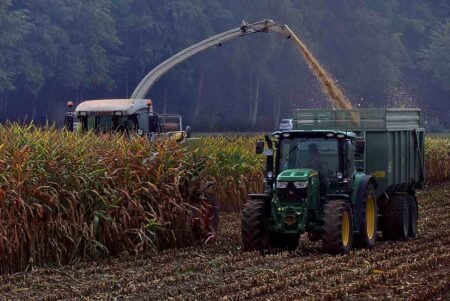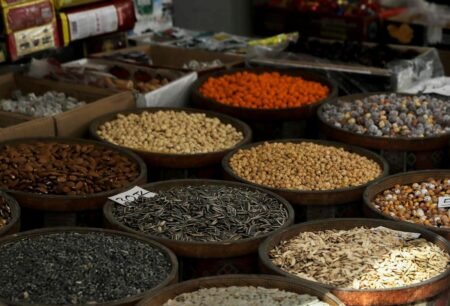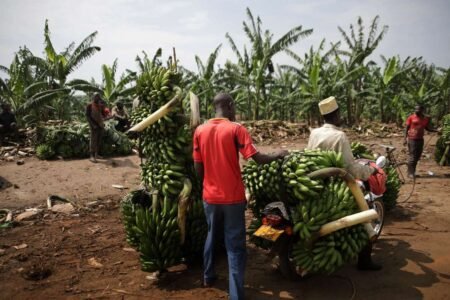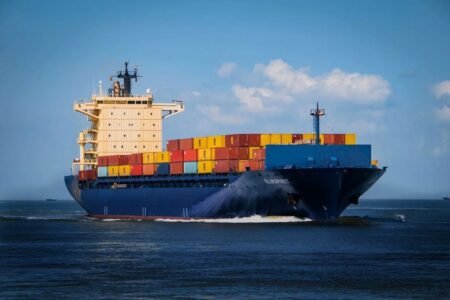The EU Commission has set out a proposal to protect the EU steel sector from unfair impacts of global overcapacity, reducing tariff-free import volumes by nearly half and doubling the level of out-of-quota tariffs to 50 per cent.
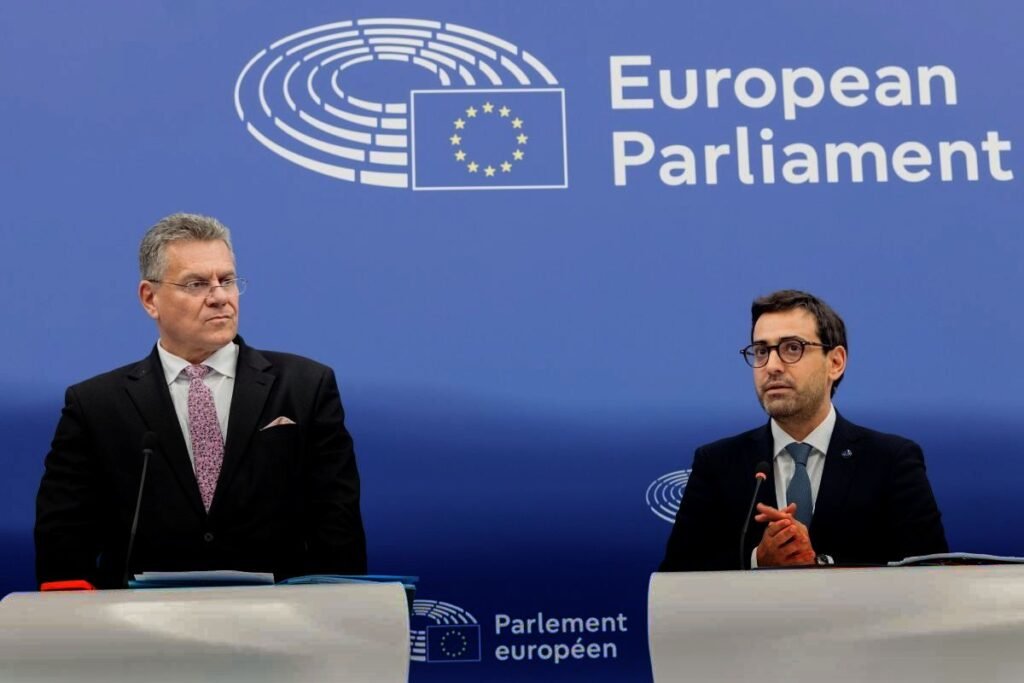
The EU executive says the proposal maintains the principle of open trade and strengthens engagement with global partners to tackle overcapacity, by:
- limiting tariff-free import volumes to 18.3 million tons a year (a reduction of 47% compared to 2024 steel quotas),
- doubling the level of out-of-quota duty to 50% (compared to the 25% under the safeguard) and
- strengthening the traceability of steel markets by introducing a Melt and Pour requirement to prevent circumvention.
“EU trade is about fair, rules-based competition, and this measure will help our steel industry compete fairly amid increasing global overcapacity,” said EU Trade Commissioner Maros Sefcovic, stressing that the EU was now ready to opening talks with the EU’s key trading partners in this sector through the WTO. “Ultimately, the EU remains committed to working with all willing partners towards a collective response to the challenge of global overcapacity,” he said.
The EU steel industry is currently facing significant pressure from unsustainable levels of global overcapacity, which is more than five times the EU’s annual steel consumption (currently 620 million tons and projected to grow to 721 million tons by 2027). This increasing overcapacity, increasing imports of steel and closing of third country markets add to the internal challenges faced by the EU steel industry. These include an increase of trade-restrictive measures across third countries, high energy and manufacturing costs in the EU, and lower internal demand.
With steel overcapacity a global problem, the Commission says it will continue leading international work on finding collective solutions to effectively tackle the root causes of global overcapacity, including in the framework of the Global Forum on Steel Excess Capacity. With its proposed measure, the Commission invites like-minded countries to work together with a view to ring-fencing their economies from global overcapacity while securing supply chains and increasing mutual market access.
The Commission says its measure is ‘fully WTO compliant’. On receipt of a mandate from the EU Council, the Commission is then ready to engage with affected EU trading partners under the Article XXVIII GATT procedure regarding this change to the EU’s WTO tariffs, with a view to offering them country specific allocations.
In view of the close and unique integration into the EU’s internal market under the EEA Agreement, exports from Norway, Iceland, and Liechtenstein will not be subject to tariff quotas or duties. Separately, interests of a candidate country facing an exceptional and immediate security situation, such as Ukraine, should also be reflected upon when deciding on the quota allocations, without undermining the effectiveness of the measure.
The EU steelmaking industry is the world’s third largest steel producer. It employs around 300,000 people directly and supports some 2.5 million jobs indirectly, with steel production sites across more than 20 EU Member States.
Recommendation for a Council decision authorising the opening of negotiations




